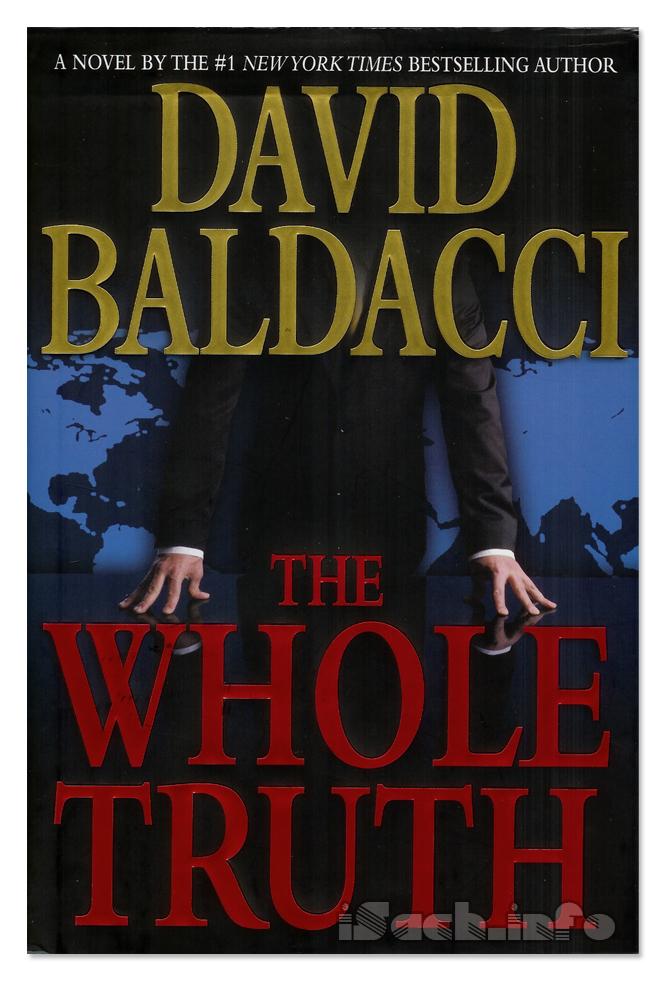Chapter 26
A
NNA FISCHER WALKED SLOWLY along the streets of Westminster in London. Many tourists tended to congregate in this area of the city, craning to catch a glimpse of the Queen or other royal at Buckingham Palace or visiting the graves of long-dead monarchs at the famous abbey. The West End theater district was also here, as well as Lord Nelson looking pensive in Trafalgar Square on the giant granite shaft even as the birds crapped all over him.She entered St. James’s Park, passing foreign nannies and British moms pushing trams and enjoying an evening jaunt under clear skies. Weather such as this was not particularly plentiful on the little isle in the middle of big water, so Londoners leapt to take advantage of the sun when they had the chance.
Anna kept trudging along, passing the King Charles Steps, and then stopped and stared over at Duck Island in the middle of St. James’s Park Lake. Here she chose to sit down, her skirt gathered around her long legs.
Had she been too hard on Shaw? Part of her said yes but the other part held forth with a resounding No! Marriage, at least for Anna, was a commitment for life. Yes, she should have pressed this point before, but now that Shaw had officially proposed, the matter had taken on a greater urgency. He had to see that, and if he didn’t, well, perhaps it would be best if they didn’t stay together.
She’d had other suitors over the years, educated, articulate men who held important positions in the world or had obtained considerable wealth. None of them, she had to admit, not a single one, had stirred in her the tender, far-reaching emotions that Shaw did. Yet would he even go to Wisbach to see her parents?
She rose and sat on a park bench. Next to her was a discarded newspaper. She picked it up. The Guardian was having a good run with the evil Russia story. The headline indeed said it all: “Return of the Red Menace?”
And something called the “Tablet of Tragedies” had just been received by select major news outlets and world leaders. The rudimentary packaging and grainy photos of allegedly murdered Russians, their tragic stories written in simple language, carried a potency a million-copy glossy release could never have inspired. Anna’s brow wrinkled as she skipped across the story’s contents. It regurgitated much that was already known and then built on that. It was like the game of whispering a story in one ear in a group of people and seeing how much the tale had changed when it came out of the last person’s mouth. And yet the murder of Sergei Petrov, the Russian word for traitor inked on his forehead, had been pretty much conclusive proof of Gorshkov’s guilt, at least in the minds of the Western press.
The Russian president had put his military force on full alert as mass demonstrations were breaking out across the country. It seemed like the place was imploding. Anna had even heard scuttlebutt from her old colleagues at the UN that if the Red Menace was not explained soon in a way favorable to Gorshkov, Russia’s seat on the Security Council might be in jeopardy. Whatever had happened to Konstantin and his family, the man was certainly getting his revenge now.
Yet had anyone bothered to verify any of it? Unlike some other people who might have these same questions, Anna had the means to try and get answers. Perhaps to take her mind off her personal troubles, she decided to do something about it right now.
She walked to her office, a 175-year-old row house nestled in a quiet dead-end street near Buckingham Gate. The buildings on either side of hers were empty, but scheduled to be renovated in about six months. She would cherish her peace and solitude for now until it was destroyed by jackhammers and the sounds of sawing. The smell of fresh paint was in the air. Her building had just gotten a face-lift, including a fresh coat on all the windows and doors.
She unlocked the thick front door on which a gold-plated plaque announced the firm’s name: The Phoenix Group Limited. When she’d first starting working here, Anna had been told that the firm was bankrolled by a very reclusive and wealthy gentleman who’d been born in the United States, Arizona specifically. So private was he that no one who worked at The Phoenix Group even knew their benefactor’s name. Nor did he ever visit them. Yet they did receive communiqués from him from time to time and encouraging words about their important work. And representatives of the man had visited from America to meet with them and answer questions. The owner had been described to her as an intellectual interested in the vast questions that continued to befuddle mankind. And he paid people like Anna to figure them out. Whoever he was, he gave Anna and the others free rein to follow their passions. There were few jobs anymore that had such latitude. It was the most stimulating work Anna had ever done. Now if she could only get her personal life in such shape.
She locked the door behind her and headed up the stairs. Her cluttered office was at the end of the hall on the top floor. She passed other rooms, all empty save one near hers where a coworker, Avery Chisholm, a crusty old academic, toiled away on a project, his circle of white hair barely topping the piles of books in front of him. He lifted a hand in response to her greeting and she hurried on.
Anna settled behind her large desk crammed with books and stacks of papers. Her job was to try and make sense of the world, one complex factor at a time. She and her colleagues wrote paper after paper, published book after book, gave talk after talk in which they laid out precise, detailed analyses that should have proved a treasure trove for government and business leadership from the United States to Japan. Yet she was painfully aware that hardly anyone in power bothered to read them.
She went online and entered some chat rooms. Whenever she raised any questions about the culpability of the Russians, or the “real” origins of the Red Menace, she was attacked by all sides with people questioning her religious faith and her patriotism, though they didn’t know if she even had a religion or what country she was from. She was also labeled a Gorshkov ass-kisser, a traitor to humanity, and a royal bitch.
She retreated from that world and expanded her search until she focused on one obscure blogger in a far-off galaxy of the cyberworld. He was raising some of the same questions and doubts that Anna had. She sent him a detailed e-mail and hoped she would get an answer back soon.
She would, but not in any way she could have possibly imagined.



 ePub
ePub A4
A4